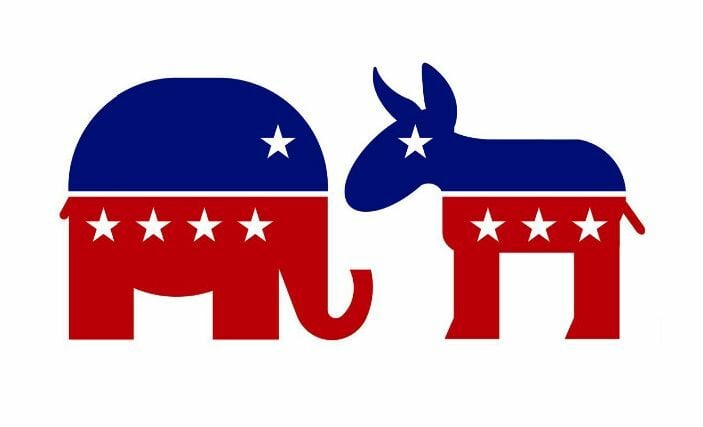US Election 2024 tracker: Live news and election updates

For the latest news, updates, and insights on the highly anticipated 2024 United States Presidential Election, look no further. As the race for the White House heats up, we bring you the most comprehensive and up-to-date information on the candidates, their policies, and the key issues shaping the election landscape. Stay informed and engaged with the world of American politics as we gear up for another pivotal moment in the nation’s history.
The 2024 US Presidential Election promises to be a significant event, with potential candidates from both major parties vying for the opportunity to lead the country. We cover a wide range of topics, including candidate profiles, campaign strategies, policy proposals, debates, and polling data. We also delve into the critical issues facing the nation, such as the economy, healthcare, national security, and social justice, providing you with a complete understanding of the factors influencing the election.
Whether you are a political enthusiast or a casual observer, our live feed offers a balanced and comprehensive view of the 2024 US Presidential Election. Stay tuned for the latest developments, breaking news, and in-depth analysis of the candidates and the issues that matter most to the American people. With our user-friendly interface and easy navigation, you can effortlessly stay updated on all aspects of the election.
So, bookmark this page, and let us be your go-to source for all the latest news and updates on the 2024 United States Presidential Election. Stay informed, stay engaged, and stay connected with the world of American politics.
Latest Thailand News
Follow The Thaiger on Google News:
























